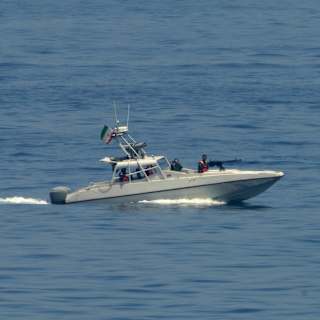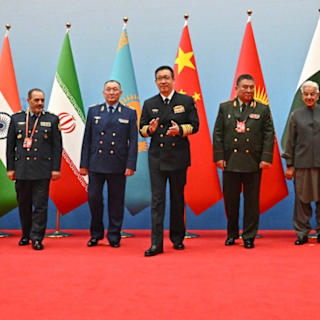- Asia Bears Brunt of Energy Disruption
- Strait of Hormuz Remains Critical Chokepoint
- Calls for Energy Diversification
The fragile ceasefire between Israel and Iran, now in its third day, has exposed Asia's vulnerability to Middle East oil supply disruptions, with energy experts warning that the region's heavy dependence on petroleum imports from the volatile region poses long-term economic risks.
The 12-day conflict that began June 13 sent oil prices climbing and highlighted how quickly geopolitical tensions can threaten energy security for the world's most oil-dependent region.

Asian economies import approximately 75% of their oil from the Middle East, with China, India, Japan and South Korea accounting for the bulk of those shipments1. During the recent conflict, oil prices rose 6.26% over the month, with Brent crude reaching $68.10 per barrel by Friday1.
"Japan and South Korea face the highest risk," according to analysis by Zero Carbon Analytics cited by Euronews1. South Korea relies on Middle Eastern suppliers for 70.9% of its crude oil requirements, while Japan depended more heavily on fossil fuels than any other G7 country in 202312.
The conflict disrupted energy infrastructure on both sides. Israeli operations temporarily suspended production at the Leviathan and Karish gas fields, while strikes targeted Iranian facilities including the South Pars gasfield and Tehran fuel depots34.
The narrow Strait of Hormuz, which handles about 20% of global oil and liquefied natural gas shipments, became a focal point of concern12. Iran's position on the strait gives it potential leverage over energy flows to Asia, though experts note such action would also harm Iran's own interests3.
"Any disruption in this logistical route has an immediate impact on the price of barrels arriving there," said Victor Arduin, an energy analyst at Hedgepoint Global2.
Oxford Economics warned that a full closure of the strait could push Brent crude to $130 per barrel and reduce global GDP by 0.3% below baseline forecasts4.
The conflict has renewed calls for Asian nations to accelerate their shift away from Middle East oil dependence. Southeast Asia, already a net oil importer, faces particular challenges as domestic production declines and demand grows12.
"Clean energy is not just an imperative for the climate — it's an imperative for national energy security," said energy expert Reynolds, as quoted by Euronews1.
The International Energy Agency has warned that ASEAN's oil import costs could rise from $130 billion in 2024 to over $200 billion by 2050 without stronger clean energy policies1.



